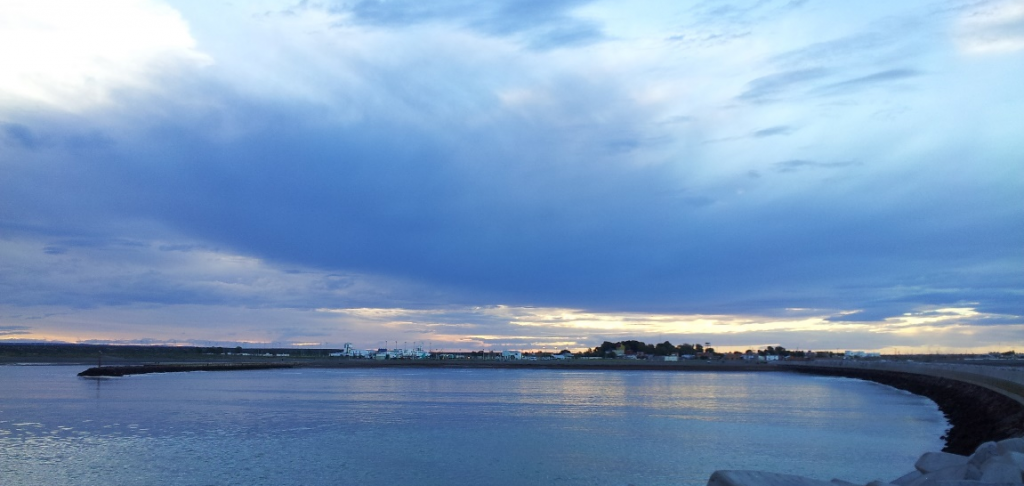In this study, carried out in Patagonian coastal waters, we evaluated how a future scenario of increased temperature, inorganic nutrient inputs, ocean acidification, and ultraviolet radiation could affect the efficiency of energy transfer from the base of the food web (phytoplankton) to its immediate consumers (microzooplankton). Our results show that the combined action of multiple global change variables reduced the efficiency of energy transfer due to a decoupling between both trophic levels (phytoplankton grew faster than its consumption by microzooplankton). A potential reduction in the efficiency of energy transfer within the planktonic food web could subsequently lead to alterations in secondary production (including fish stocks) in the area.

Study area in the Chubut River estuary (Photo: M. J. Cabrerizo).
This study was conducted by researchers from the Estación de Fotobiología Playa Unión and the Universidad de Granada (Spain). Funding for this work was provided by the Agencia Nacional de Promoción Científica y Tecnológica (ANPCyT) and Fundación Playa Unión. Dr. Cabrerizo’s activities were funded by Junta de Andalucía, the Spanish Ministry of Science and Innovation, and Fundación Playa Unión.